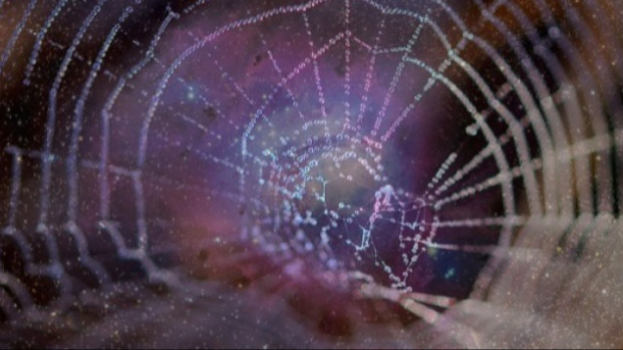ARTIST WALKABOUT: We are sky’s things
Review by CASEY LUDICK
When art is lacklustre, it’s easy to pinpoint why. But when something is good, it’s hard to identify why this is so. The latter was not the case for the photographic exhibition; We are Sky’s Things. It was straightforward. Perhaps too much so.
So, let’s play a game first, shall we?
We’ll name a few things and then say the word we associate with that thing. I’ll start with these:
- Pizza – Amazing
- Beyonce – Beychella
- Makhanda – Drought
- Math – Boring
- North America – Shitshow
- South Africa – Loadshedding
- We Are Sky’s Things, the photographic exhibit – Incomplete.
The pictures of the cosmos and the universe’s microcosms are incredible. They make brilliant use of depth and light. Ingrid Schudel’s attention to detail through precision and clarity provides photographic evidence of the unpredictability seen in the under-valued micro cosmos of our world. In comparison, Marc Schafer’s images of the different constellations in the cosmos display greater attention to detail and timing.
However, the exhibition was disappointing in scale, and its curation lacked vision and finesse. There are 18 photos in total, yet its size is unimpressive. Perhaps this can be pinned down to the expense of such an undertaking. But this is not the only point of deficiency. Six of the 18 images are “mergers” meant to “hint at powerful forces, infinite scales of time and space, and order and chaos”. Instead, these “mergers” are nothing more than poorly edited overlapping filler images that subtract meaning from the exhibition overall.
While the photos are linked to the study of mathematics and science through the eyes of the photographer, this link is not blatantly apparent to the viewer. Two people walked into the exhibition and promptly exited the venue, searching for something more powerful. Unfortunately, it is an exhibition with minimal effort and maximum self-hyperbole; its strong conceptual base is disappointing in its execution.
Had there been a greater wealth of imagery, the exhibition might have been more immersive, bringing forth the awe that only the sublime can engender. That was assumingly the intended effect. Without this element of wonder, the exhibit comes across as a bit kitschy. It is not immersive or transformative, despite the accompanying soundscape by Jeroen Roffel. Instead of botched filler images, the photographers and curators could have constructed a genuinely magical experience connecting the vastness of our universe through the cosmos to the tiniest of earth-bound subjects.


